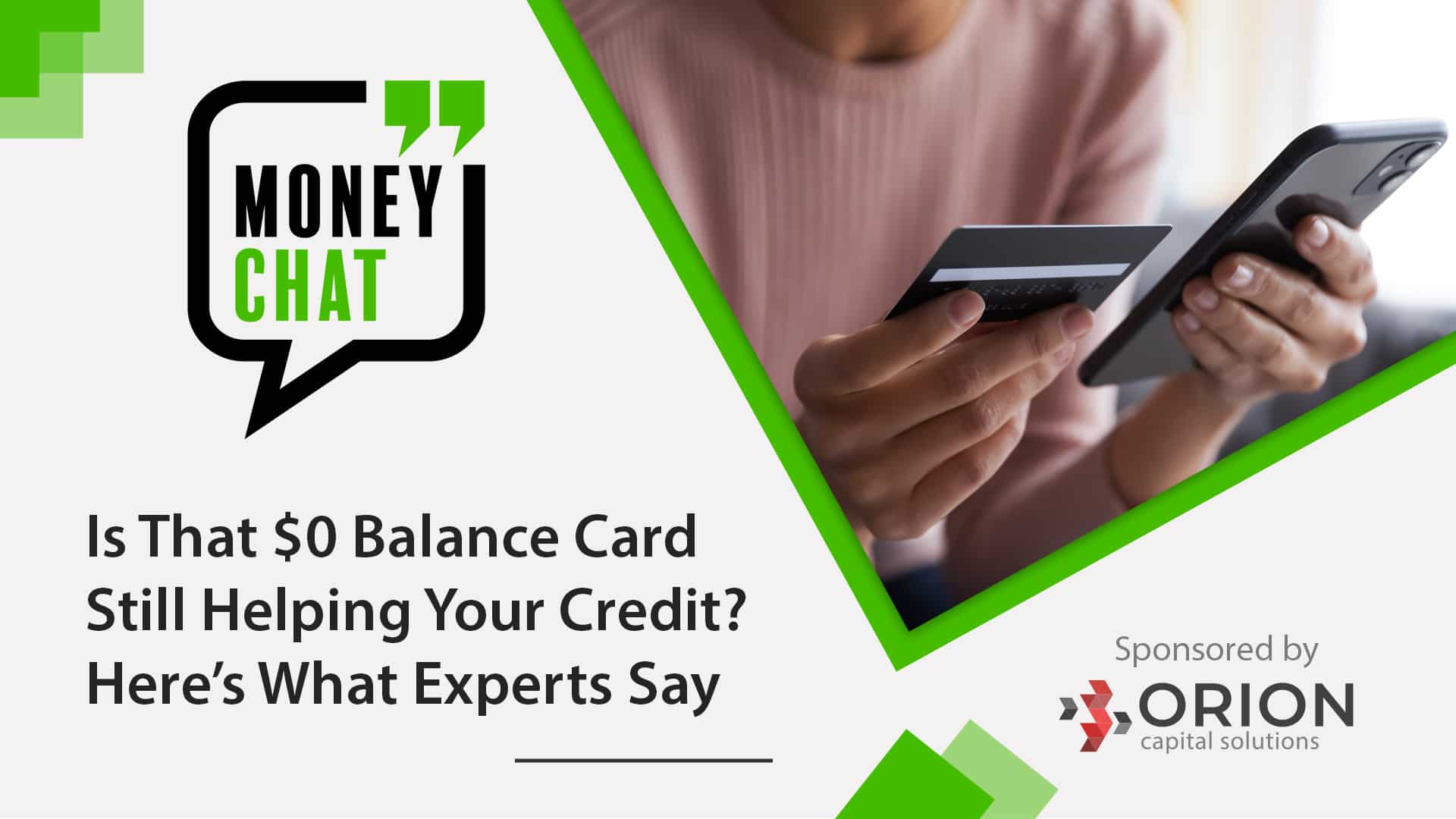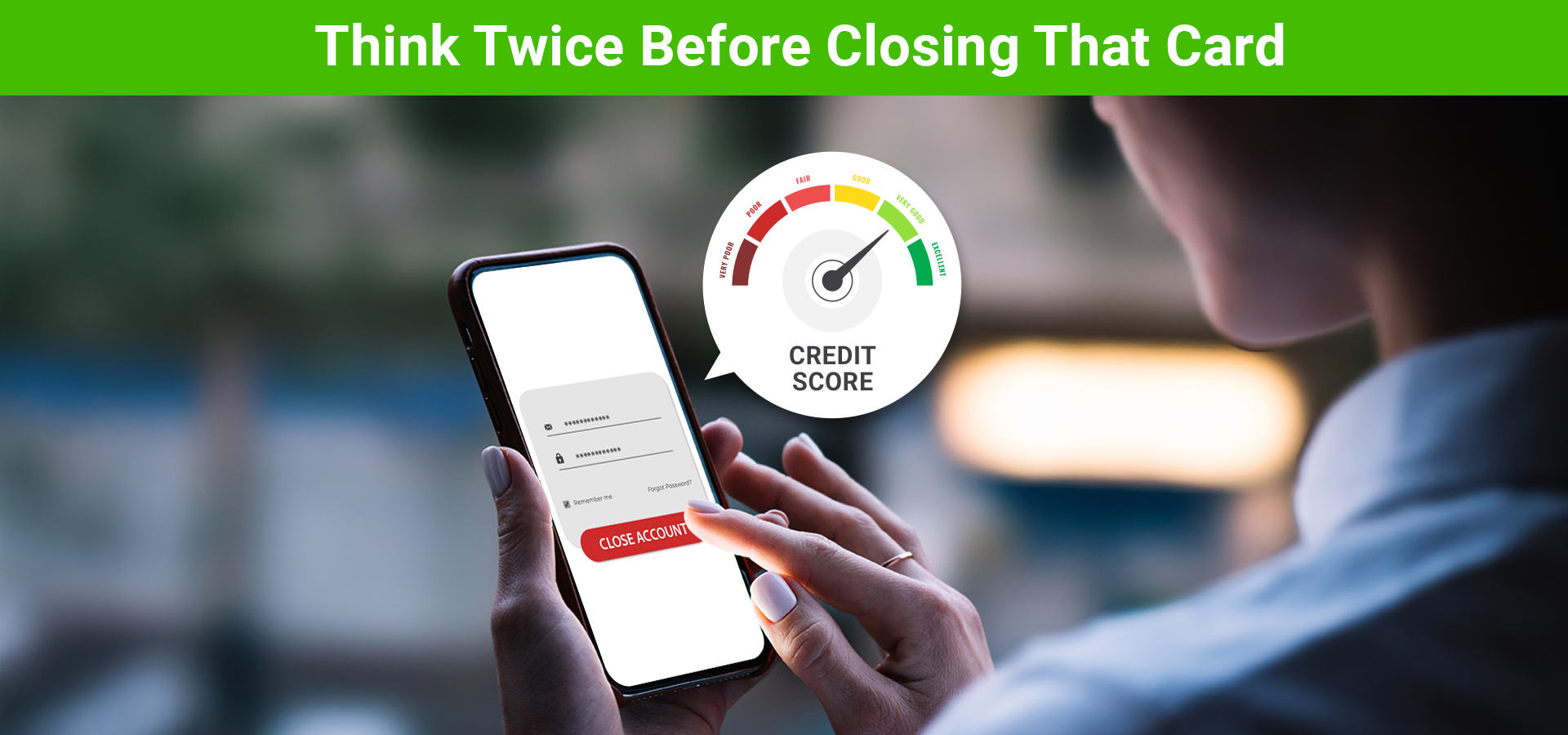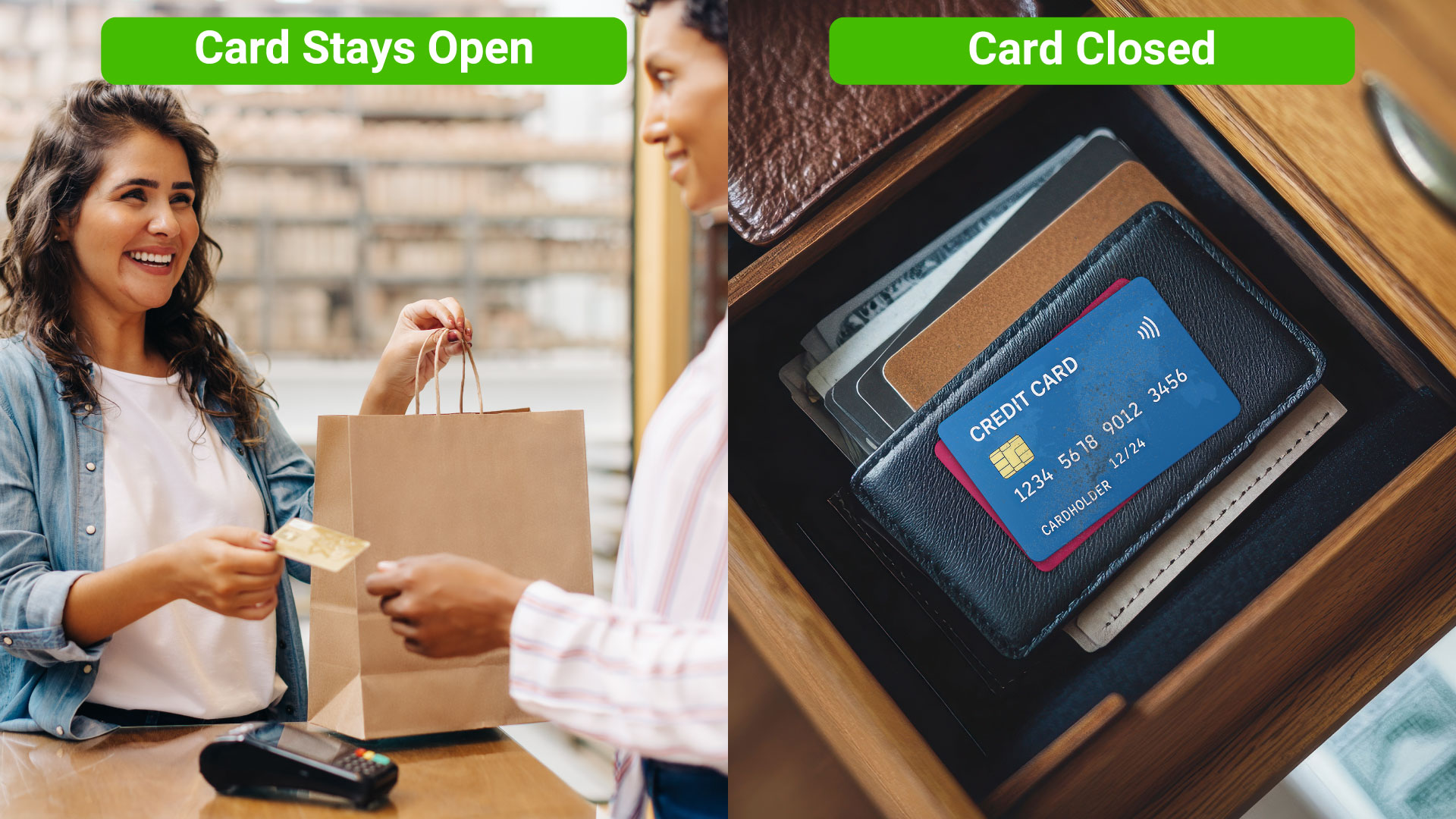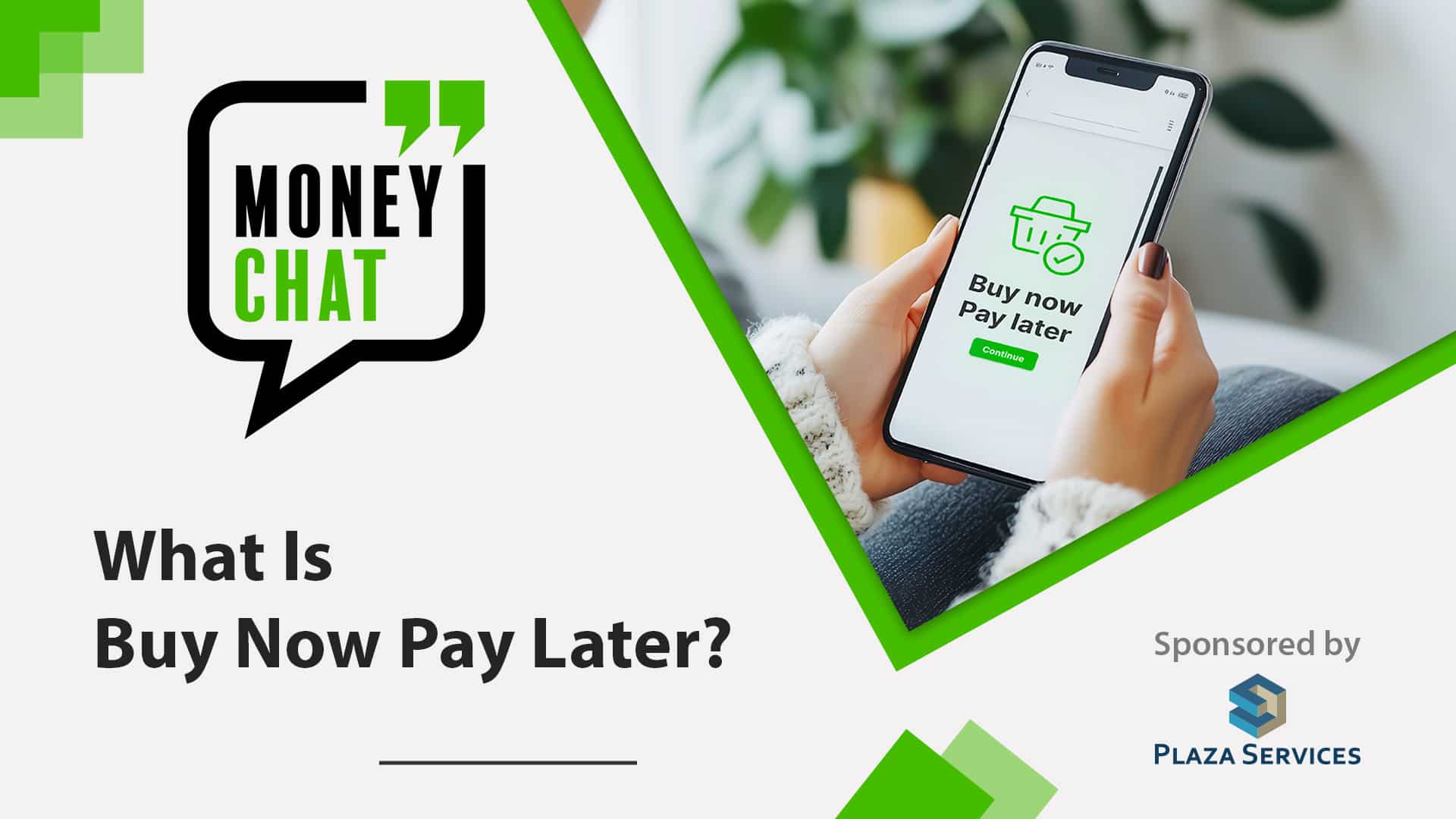
Is That $0 Balance Card Still Helping Your Credit? Here’s What Experts Say
There’s nothing sweeter than beating debt at its own game.
You’ve paid off the credit card that has been lurking in your wallet. Staring at the $0 balance and feeling financially in control, you are finally ready to close the account. After all, closing a credit card after paying it off sounds responsible, right?
Not so fast.
That seemingly ‘useless’ card might not feel important, but it could actually be helping your credit score more than you realize. In fact, keeping a $0 balance card open can quietly strengthen your credit foundation in ways you may not expect.
Let’s dive into why keeping that “zeroed-out” card open might be one of the smartest moves you can make for your credit health.

Credit Score: A Bigger Story Than Just Debt
Credit scores can feel like a mysterious number game and while math does play a role, the bigger picture is actually about behavior. Credit scores reflect how an individual manages credit over time and whether they are dependable, balanced and smart with borrowing. Payment history constitutes 35% of the FICO credit score, making it the most influential component.
Keeping a $0 balance card open isn’t just about avoiding debt, it’s about showing that a person knows how to handle credit responsibly. And this is exactly what lenders and scoring systems love to see.

Longer Credit History Equals Better Score
One of the more subtle elements that contributes to a credit score is the age of a person’s credit accounts. Maintaining a long-standing credit account can significantly benefit the credit score. Given that the length of credit history makes up 15% of the FICO score, keeping older accounts open can help maintain a higher average account age.
When an older account is closed, especially one that’s been open for several years, it can gradually lower the overall average age of a person’s credit history. That, in turn, may have a negative effect on their score.
Closed accounts don’t disappear right away. They usually stay on the credit report for seven to ten years, but they won’t remain there forever. Once they fall off, particularly if they were among the oldest, that person’s credit history can appear younger, which may work against them in the eyes of lenders.
Positive Payment History Still Counts
If a consumer had a good payment history with that now $0 balance card, that history is helping their credit score.
But here’s the twist: over time, if they close the card, it could eventually fall off their credit report, taking that positive history with it. If they leave the card open, all that good data keeps contributing to their credit, which can really help boost their score.
A Well-Balanced Credit Profile Goes a Long Way
When it comes to a person’s credit profile, maintaining a diverse credit mix is a strategic move. Credit scoring systems pay close attention to the variety of credit types an individual can manage responsibly, not just the total amount of debt.
From a lender’s perspective, someone who can handle both installment loans, like auto or student loans, and revolving credit, such as credit cards, demonstrates a well-rounded financial profile. It signals flexibility, responsibility, and experience across different borrowing situations.
Keeping a paid-off credit card open can contribute positively to this mix, even if it’s not being used regularly. It helps round out an individual’s credit landscape, and while the boost to the score might be subtle, it still plays a part in presenting a person as a capable and balanced borrower.
Flexibility in the Future
Beyond the technical score boosts, keeping a zero-balance card open also gives you something even more valuable. It provides financial flexibility that can really help when unexpected expenses come up.
Unexpected expenses have a way of showing up uninvited. It might be a surprise car repair, an unexpected gap in employment, or a medical bill you didn’t plan for. In those moments, having a credit line already in place can offer much-needed breathing room. Whether it’s an interest-free grace period or simply the ability to cover essentials without scrambling for a new loan, that unused card becomes a quiet safety net.
It’s not about relying on credit. It’s about knowing it’s there, ready if needed, without the stress of seeking approval during a crisis.
How to Keep an Inactive Card Open Without It Being Closed on You
Credit card issuers often close inactive cards. If a consumer hasn’t used a card in 12-24 months, the issuer may decide to shut it down.
To prevent this, use the card once every few months for a small purchase, like a coffee or streaming subscription, and pay it off right away. That activity keeps the card “alive” in the issuer’s system and the credit score continues to reap the benefits.

But Are There Situations When Closing a Card Makes Sense?
While keeping a credit card open often benefits the credit profile, it’s not a hard-and-fast rule for everyone. Personal finance isn’t one-size-fits-all, and there are valid reasons why someone might choose to close an account. Here are a few scenarios where it might actually be the smarter move:
-
High Annual Fees That Outweigh the Benefits
Some credit cards come with hefty annual fees. If a person is not actively using the card or making the most of its perks, like travel points, cashback, or premium services, that fee can quickly turn into a financial burden. If the card no longer fits the spending habits or you’ve moved on to better rewards programs elsewhere, it may be worth closing to avoid unnecessary costs.
-
Struggles with Overspending or Temptation
Credit cards can be both convenient and tempting. For some, having access to available credit makes it a little too easy to spend beyond their means. If an individual finds that a card sitting open becomes a temptation, it may be healthier to close it and focus on more manageable options.
-
Concerns About Fraud or Security
If the card provider doesn’t offer solid fraud protection or responsive support, that’s already a red flag. Add in the fact that the card barely gets used or watched, and it could put you at risk. Unused cards can sometimes go unnoticed for months, making it easier for fraudulent charges to slip through undetected. In such cases, especially if the card doesn’t offer compelling benefits, closing it might offer peace of mind.
Have an idea for a Money Chat topic?
We want to hear from you! If you have a suggestion for a future Money Chat topic, please email us at [email protected].
The information contained in this article is meant to serve as general guidance for consumers and not meant to serve as comprehensive financial advice. For questions about your individual circumstance, finances, or accounts, please contact your creditor(s) and/or financial advisor directly.
Thank you to our sponsor, Orion Capital Solutions LLC
Founded in 2018, Orion Capital Solutions is a reputable collection agency that delivers tailored recovery services to creditors. The company is dedicated to helping its clients achieve maximum recovery while upholding respectful, professional relationships with consumers. Orion Capital Solutions takes a people-first approach to collections, combining effective strategies with a commitment to fairness and integrity — ensuring both clients and consumers are treated with the care they deserve.





